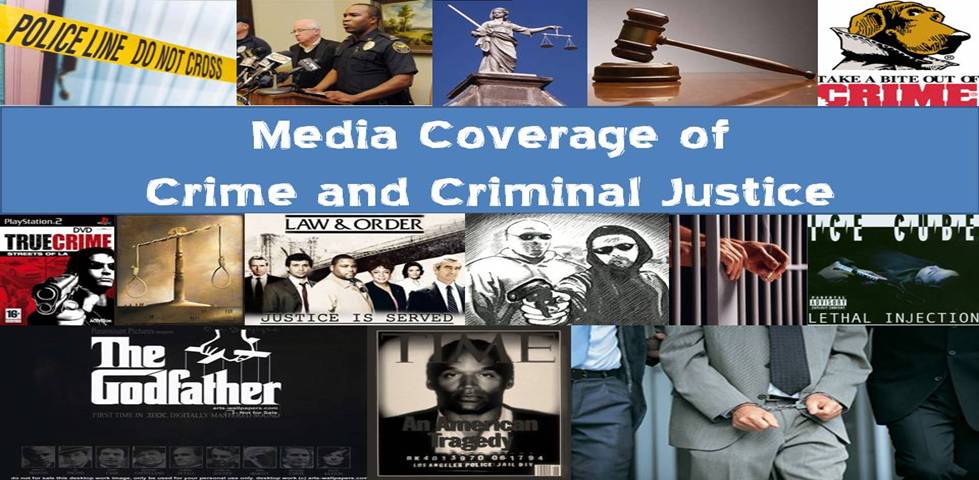If so, do you ever comment after reading stories?
In this story in Truthout, author Roberto Cintli Rodriguez writes:
The unexpected new locations for hate crime scenes in the 21st century appear to be the comments sections of the nation's leading newspapers, where calls to violence have become routine and through which progressives have decided correcting the record is a waste of their time.
In his story, he provides examples that show "letters or comments sections appear to have become sanctuaries to virulent hate and, especially since the advent of the internet, a comfortable home to discourses of extremist hate and calls to violence, primarily of the extreme right-wing variety."
Now, this might be a partisan conclusion, but the point is that PEOPLE (whatever their politics) now use the Internet to talk trash and say horrible things, thinking they are anonymous (which they are not). As a result, many people simply do not read the letters or comments.
This is because of the "scripted messages" ... "talking points" ... "coded language, preposterous stereotypes and outright falsehoods" contained within.
You might not agree with the author that "right wing utilizes or engages the letters to the editor sections ... much more frequently, with much more volume and much more effectively than their liberal or progressive counterparts. It does this through the use of powerful metaphors and imagery, albeit false ones, which are effective because they are generally wrapped in the flag and/or the Bible. Demonization, fear and hate work. Repeated often enough, outright lies and distortions appear to be effective, especially when meanings of words are changed or misrepresented, and especially when they are not refuted. Soon, lies, distortions and misrepresentations become conventional wisdom. Conservative talk show hosts become credible sources, whereas facts are readily dismissed as liberal hearsay and heresy."
But you should agree with the argument that: "Audiences become susceptible in times of high stress, such as severe economic downturns, national crises, and especially in times of war. These are the times when people scapegoat the most politically powerless sectors and close ranks to fight a 'common enemy.'" This is what is happening right now with the immigration debate.

No comments:
Post a Comment